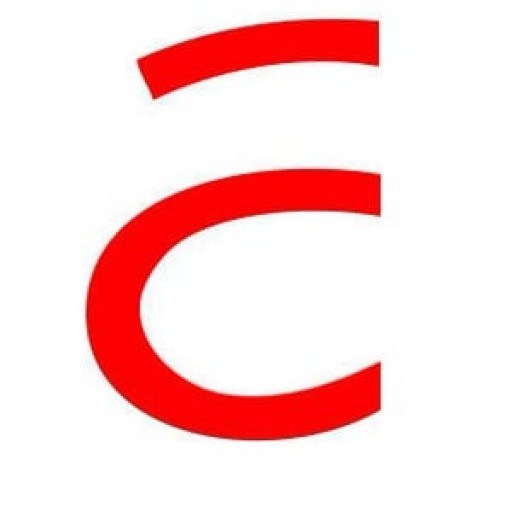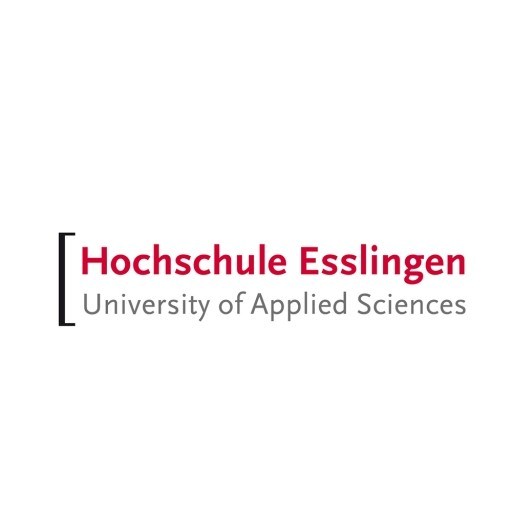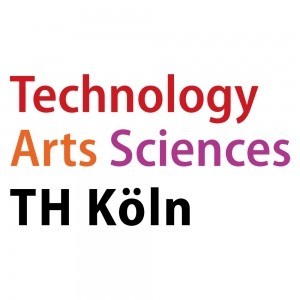Photos of university / #humboldt.uni
Description: The Open Design Master’s Program at Humboldt University of Berlin offers an innovative interdisciplinary education that explores the transformative potential of open and participatory design practices. This program is designed for students interested in understanding how design can be leveraged to address complex societal, environmental, and technological challenges through collaborative and transparent approaches. Throughout the course, students will engage with concepts such as co-creation, open innovation, community engagement, sustainability, and digital fabrication, equipping them with the skills necessary to develop inclusive and impactful design solutions. The curriculum combines theoretical foundations with practical applications, encouraging students to experiment with open source methodologies, participatory processes, and open hardware and software tools. By working on real-world projects, students will learn how to facilitate collaboration among diverse stakeholders and how to implement design strategies that foster openness and sharing. The program emphasizes critical thinking about the social implications of design and the importance of ethical practices in contemporary open design movements. Faculty members include leading experts in design theory, digital arts, sustainability, and participatory methods, providing students with a rich and diverse academic environment. The Open Design Master’s is ideal for individuals aiming to be at the forefront of innovative design practices, whether they are coming from technical backgrounds, arts, social sciences, or other disciplines. Graduates will be prepared for careers in design research, urban development, social innovation, digital fabrication, open source communities, and creative industries. The program also encourages international collaboration and offers opportunities for students to participate in global open design networks. With a strong emphasis on experimentation, critical inquiry, and social responsibility, the Open Design Master’s Program at Humboldt University provides a unique platform for developing the skills and knowledge necessary to shape a more open, collaborative, and sustainable future through design.
Educational organisation
The first three semesters of the Master's degree programme each focus on a semester theme which addresses current social, economic and scientific processes. This semester theme is approached through three key theme seminars taking place over the first three semesters. The core of each of the first three semesters is the laboratory module, which involves a laboratory project and exercise. These complement the seminars and allow students to develop project-oriented research on the corresponding semester theme.Key Theme I: Spatial Structures
Students acquire expertise in historical and theoretical description and application of spatial structures within different sciences. The students will have the opportunity of synthesising this knowledge into new spatial structures in different disciplines such as physics and architecture, materials research and design.
Key Theme II: Media Technologies
Students acquire expertise in the history and theory of media technologies, including the transfer, processing and conservation of data and objects. Students learn about media technologies from a historical perspective and apply their knowledge productively in processes of Gestaltung.
Key Theme III: Design Strategies
Students acquire expertise in diverse design strategies within the different disciplines and are encouraged to analyse these as comparative processes of Gestaltung, since they are central to interdisciplinary work. Furthermore, students realise concrete projects in a special nexus of Gestaltung and interdisciplinary knowledge.
First Semester
Elements
Based on their acquired knowledge of historical, theoretical and material properties as basic elements of Gestaltung in the different disciplines, students interpret spatial structures and analyse their importance as interdisciplinary distributors of knowledge.
Laboratory Elements
On the basis of the foundation elements of Gestaltung and research processes (draft, concept, model, etc.), students gain interdisciplinary project skills and extensive experience of software programmes for the modelling, simulation, presentation and distribution of knowledge.
Second Semester
Experiments
Students acquire basic knowledge of experimentation and the development of experimental systems in the distinct disciplines. They study the use of basic media technologies and analyse and demonstrate an understanding of the structure of scientific and humanistic experimental systems as well as those concerning Gestaltung.
Laboratory Experiments:
On the basis of the foundation elements of experimentation and the structure of experimental systems, students master interdisciplinary methods and acquire extensive user experience in media technology, design strategy and the methods, structure and evaluation of experiments.
Third Semester
Projects
Students analyse specific interdisciplinary design processes that integrate analytical-historical and experimental procedures in a complex manner. They apply design strategies for the development of innovative projects, thus bringing together the various elements of Gestaltung and empirical methods.
Laboratory Projects
The module offers the students course-specific, practical, and subject-oriented research and project work focused on a semester theme. Students solve given problems in interdisciplinary groups, developing project management skills.
Intercultural and Interdisciplinary Competence
Students examine the differences between disciplines and cultures and reflect on intercultural experience from historical and theoretical perspectives. Through the exchange programme between Argentina and Germany, students learn about different cultural practices and acquire local knowledge as productive interculturality.
Fourth Semester
During the fourth semester, students work on their Master's thesis in either Buenos Aires or Berlin, applying the acquired interdisciplinary skills to develop and solve, theoretically and methodically, a chosen thesis reflecting current scientific research.
Study abroad unit(s)
The first two semesters take place in Buenos Aires at the Universidad de Buenos Aires, followed by a third semester in Berlin at the Humboldt-Universität zu Berlin. For the fourth semester, students may choose to work on their Master's thesis in either Buenos Aires or Berlin.Forms of assessment
Graded examinations (seminar papers, portfolio presentations, written assignments, project work)Master's thesis
Course objectives
The Master's degree programme focuses on the "design turn" in interdisciplinary research. Graduates will acquire skills in a broad spectrum of empirical methodologies that encompass cultural studies and humanities through analysis and historicising, scientific experimentalisation from the natural sciences, and creative synthesis from the design disciplines. Students will be given the opportunity to reflect on complex problems that require input from multiple disciplines.The graduates acquire knowledge on diverse academic methods and on praxis-oriented problem-solving strategies, as well as on diverse social competences, from critic self-reflection in joint work within interdisciplinary teams, through languages competences, up to intercultural competences through joint work in diverse scientific work cultures.
Language requirements
Applicants must submit a certificate of advanced English knowledge (C2 or its equivalent: Certificate of Proficiency English (CPE)/TOEFL -/250-300/600-677/IELTS 7.5+/Trinity Grade 12).Applicants whose native language is not Spanish must have a basic knowledge of Spanish at A2 or equivalent level.
During the first two semesters it is highly recommended that students take a German language course, since basic knowledge of this language is necessary for the third semester taking place in Berlin.
Academic requirements
Applicants must have completed a university degree in any area of knowledge. The degree must have been earned over no less than four years of study, with an attendance of no less than 2,600 sixty-minute attendance hours. If the applicant has a Bachelor's degree with less than four years in duration, he/she must submit proof of at least one year's work and/or research experience in their field of study.The financing of the Open Design program at Humboldt University of Berlin is primarily structured through a combination of university funding, government support, and potential student financial aid options. As a state university in Germany, Humboldt University benefits from funding provided by the federal and state governments, which covers a significant portion of the operating costs of the program. Tuition fees in Germany are generally low or non-existent for international and domestic students at public universities, which helps to make the program accessible and affordable. However, certain fees may apply, such as semester contributions that include administrative fees, social contributions, and transportation passes.
Students are encouraged to seek external funding opportunities such as scholarships, grants, and student loans to support their studies. Humboldt University celebrates various scholarship programs offered by the German Academic Exchange Service (DAAD), educational foundations, and private organizations, which can provide financial assistance based on academic achievement, need, or specific criteria related to the students' background or field of study. Additionally, many students participate in part-time work or internships that complement their academic pursuits and help finance their education and living expenses.
The university also offers advice and resources to assist students in financial planning and accessing financial aid, including information sessions, counseling, and online resources. International students are particularly encouraged to explore scholarship options and funding tailored to their circumstances. Furthermore, the costs associated with the Open Design program may include living expenses in Berlin, which varies depending on individual lifestyle, accommodation choices, and personal budgeting. Berlin is known for its relatively affordable cost of living compared to other major European cities, which can make financing studies more manageable.
Government-based student loan programs are available through various channels, offering flexible repayment options and competitive interest rates. Students can also consider savings, family support, and other personal resources to cover expenses. Overall, the financing structure aims to make participation in the Open Design programme feasible for a diverse student body, ensuring that financial barriers are minimized and that talented students can pursue their interests without undue hardship.








